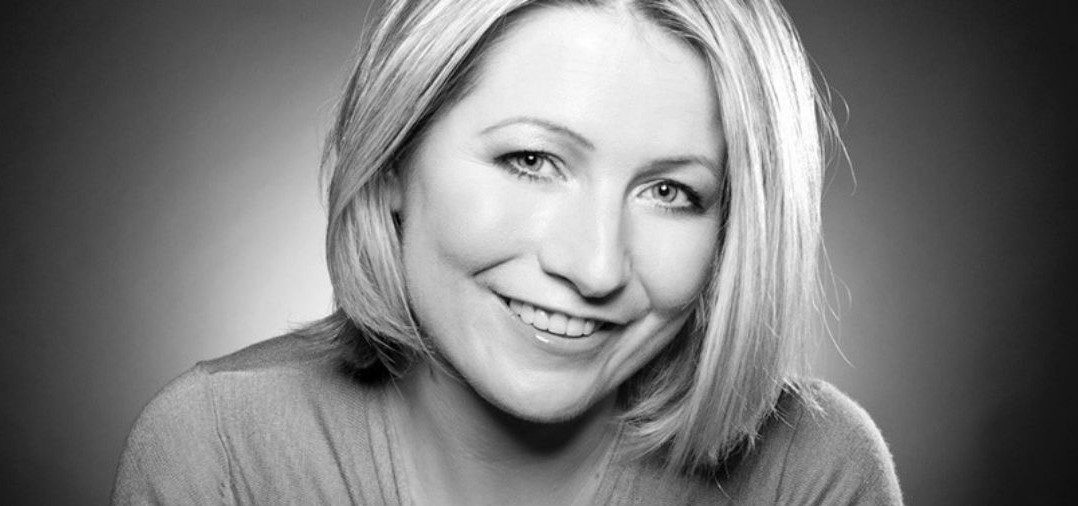This is the second in a series of posts from leading industry executives in the run-up to MIPCOM 2016. The posts are coordinated by TV business consultant Deborah Macdonald.
Alison Rayson has spent over 20 years in the TV distribution business, and has as such acquired in-depth knowledge of the value of rights across all programming genres; as well as how to monetise them globally.
MIPBlog: Could you please introduce yourself?
My name is Alison Rayson and my company, Raydar Media, helps creators and producers develop, finance, and distribute their content globally. Our team has been in the global distribution business for over twenty years and along the way we have helped establish some game-changing formats and series, such as Popstars and Footballers Wives. We like diversity in storytelling and our catalogue is eclectic reflecting that. At this present time we work with a real array of leading creators and IP owners, ranging from Agatha Christie Limited to Sundog Pictures in the UK to Essential Media in Australia.
> What do you think is the most innovative thing in TV now, and why?
It’s hard to ignore the “wow” factor of all the latest tech developments. Every time I have seen augmented reality in action this year, my jaw has dropped and I have suddenly felt my age. What is wonderful about the new tech though is not just the technical wizardry. It’s how it is enabling a new generation of kids and teens to develop and invent their own play patterns and their creativity more freely. I love the fact that they are the masters of their own content.
> What opportunities does the development of new platforms and business models (YouTube, Netflix, etc) open up for your activity today?
The new platforms and business models have quite simply revolutionised our industry. They came along at a time when the industry needed a shake up and have I feel, afforded the independent sector in particular more freedom to be entrepreneurial and more choice about how they might develop and finance their IP. That said, it would be wrong to think that their existence meant we could disregard the more traditional linear platforms and business models, as they still provide the majority of us in the industry with our core revenues.
> Is the playing field now more level? To what extent is the ‘traditional’ system (pitching to broadcasters and so on) still powering your business, and how do you see that system evolving?–
For Raydar, traditional platforms still power our business, however we are engaging in new business models. In factual programming, we have experienced some success recently working with investor-backed series. The process compared to a traditional broadcaster funded model is very different and requires a different dialogue in terms of financial and sales reporting but we are embracing that. We constantly analyse how we might adopt new OTT clients and new finance models in childrens’ TV specifically, but it is a more protracted process. The financial investment community, for example, are typically more nervous of childrens’ television, due to the more protracted return on investment. So we see it as our job to explain to them that this is standard and the sizeable rewards can make it worth holding one’s nerve.
> What is your favourite TV show/IP today and why?
I am a big drama fan so for me nothing beats a new twist on a thriller or relationship drama. For this reason I loved Season One and Two of The Affair as it combined the two seamlessly and the acting was flawless. I can’t wait for Season Three. Other addictions this year have been The Disappearance on BBC4 and on a lighter note the very silly but very funny Catastrophe on Four.




